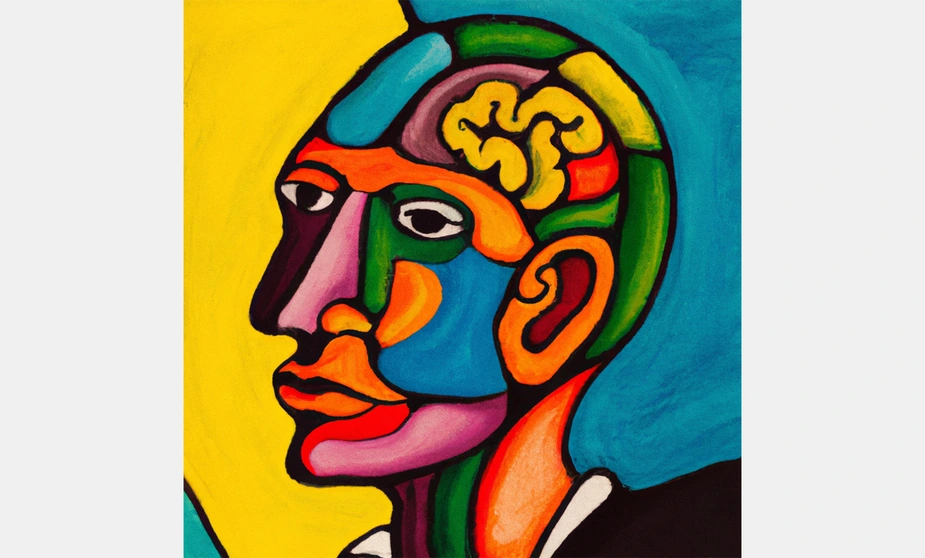How our knowledge of artists influences our perception of their works
A new study from Humboldt-Universität approaches the question from a psychological perspective
A neurocognitive study by researchers at the Institute of Psychology at Humboldt-Universität zu Berlin (HU) shows that negative knowledge about an artist influences the perception of the artwork, regardless of the artist's level of fame.
Can we separate art from the artist? History is littered with examples of famous artists who have fallen into disrepute due to controversial statements, beliefs or actions. How does this biographical knowledge affect the perception and reception of their art? Against the backdrop of recent revelations and allegations of abuse in the MeToo debate, this question has taken on a new public dimension. Experimental research on this has been scarce to date.
An experimental approach to a philosophical question
In a study at the Institute of Psychology at the HU, participants evaluated a series of paintings in terms of the dimensions of liking, arousal and quality before and after they had received socially negative or neutral information about the respective artists. The painters were either famous (e.g. Salvador Dalí) or unknown. After the participants had memorised the knowledge, their brain activity was recorded using an electroencephalogram (EEG).
Brain activity shows the influence of negative knowledge
With the help of the EEG, fast, involuntary reactions of the brain can be distinguished from slower, more controlled reactions.
In the study, paintings by artists who were associated with negative social-emotional knowledge led to a change in brain activity, which indicates differences in the processing of basic visual perception and is also manifested by an early onset of emotional arousal. Knowledge about the artist, on the other hand, had no influence on the controlled cognitive processing that occurred later.
"The investigated changes in the brain indicate that the image is not only evaluated differently, but also perceived differently," says Rasha Abdel Rahman, Professor of Neurocognitive Psychology at Humboldt-Universität zu Berlin.
Fame does not protect against negative perception
The results showed that paintings by artists about whom socially negative biographical knowledge was available were rated less favourably by the study participants, led to greater arousal and were judged to be of poorer quality than paintings by people about whom neutral information was provided. The fame of the artists could not protect their paintings from this effect.
The study also shows that in order to address fundamental questions – such as the separation of art and artist – to which theoretical answers are usually sought, empirical approaches can provide important additional insights.
Publication:
Art perception is affected by negative knowledge about famous and unknown artists
Kaube, H., Abdel Rahman, R.
Scientific Reports. Sci Rep 14, 8143 (2024).
Contact
Prof. Dr. Rasha Abdel Rahman
Institute of Psychology at Humboldt-Universität zu Berlin
Neurocognitive Psychology
+49 30 2093-9413
rasha.abdel.rahman(at)hu-berlin.de
Hannah Kaube
Institute of Psychology at Humboldt-Universität zu Berlin
Neurocognitive Psychology
hannah.kaube(at)hu-berlin.de
Press release HU Berlin, 7 May 2024
